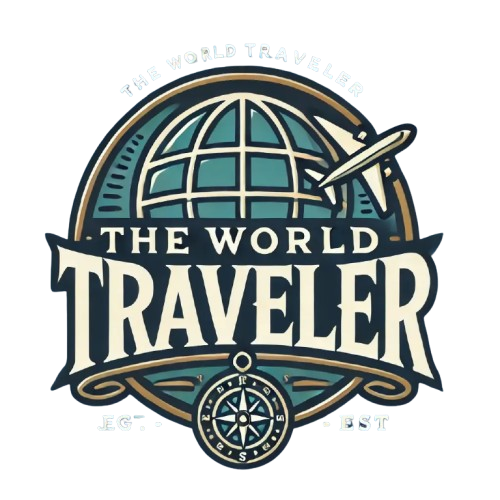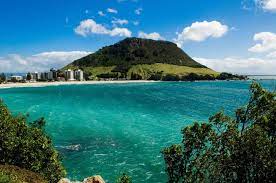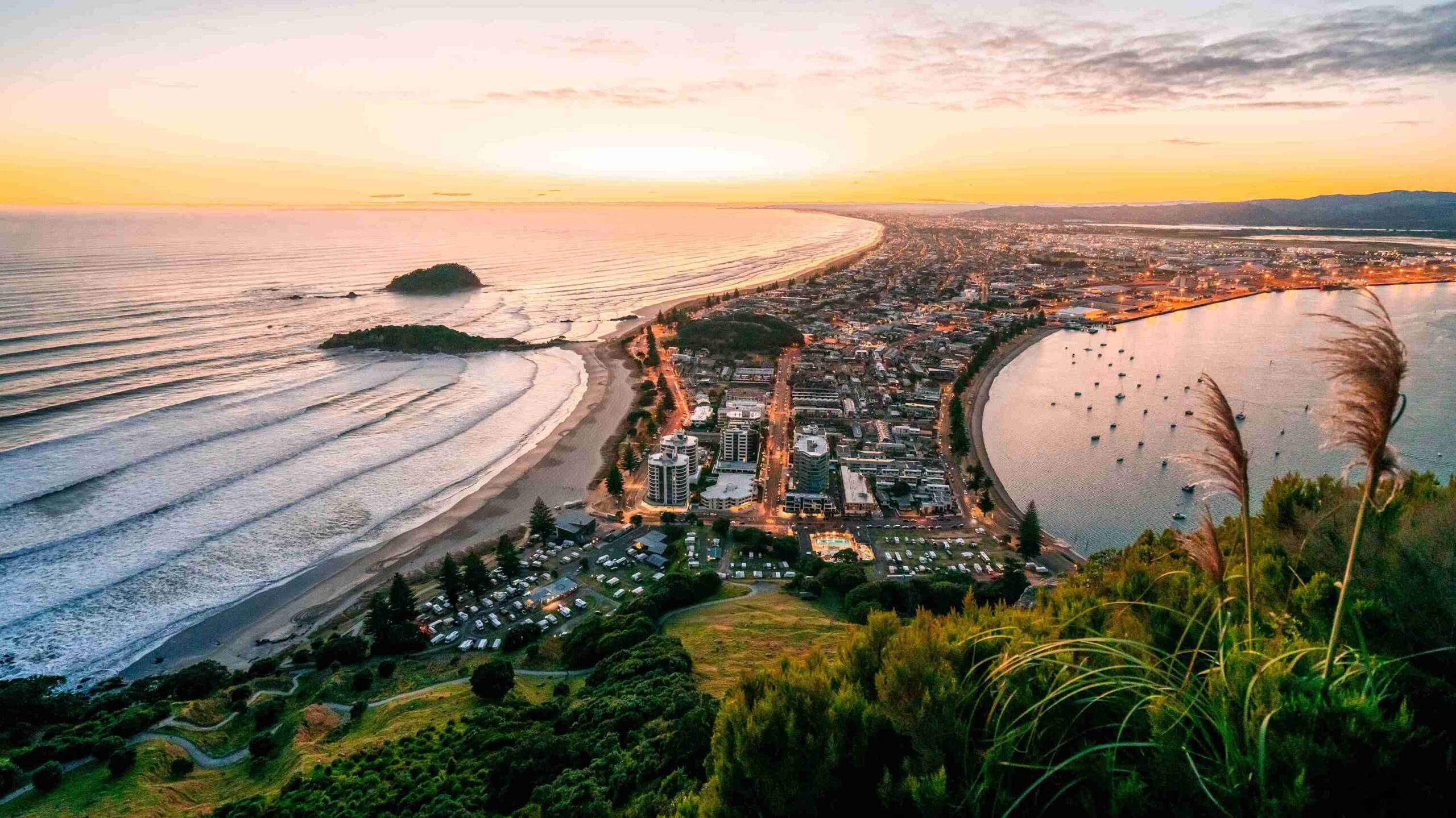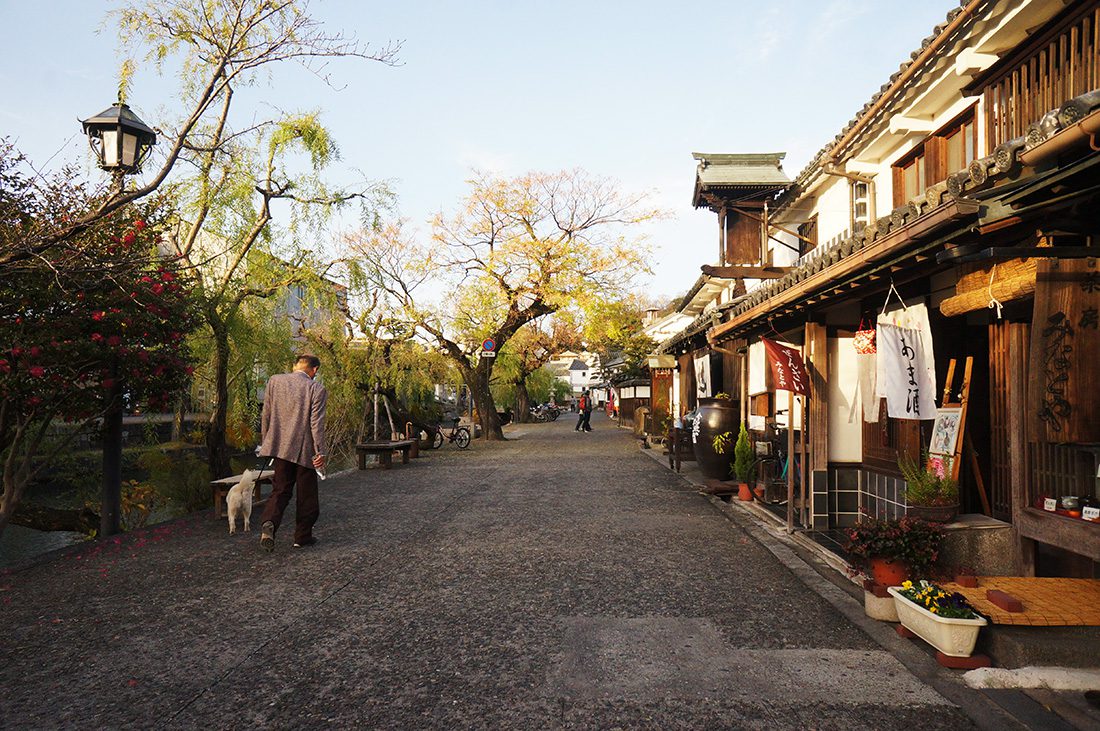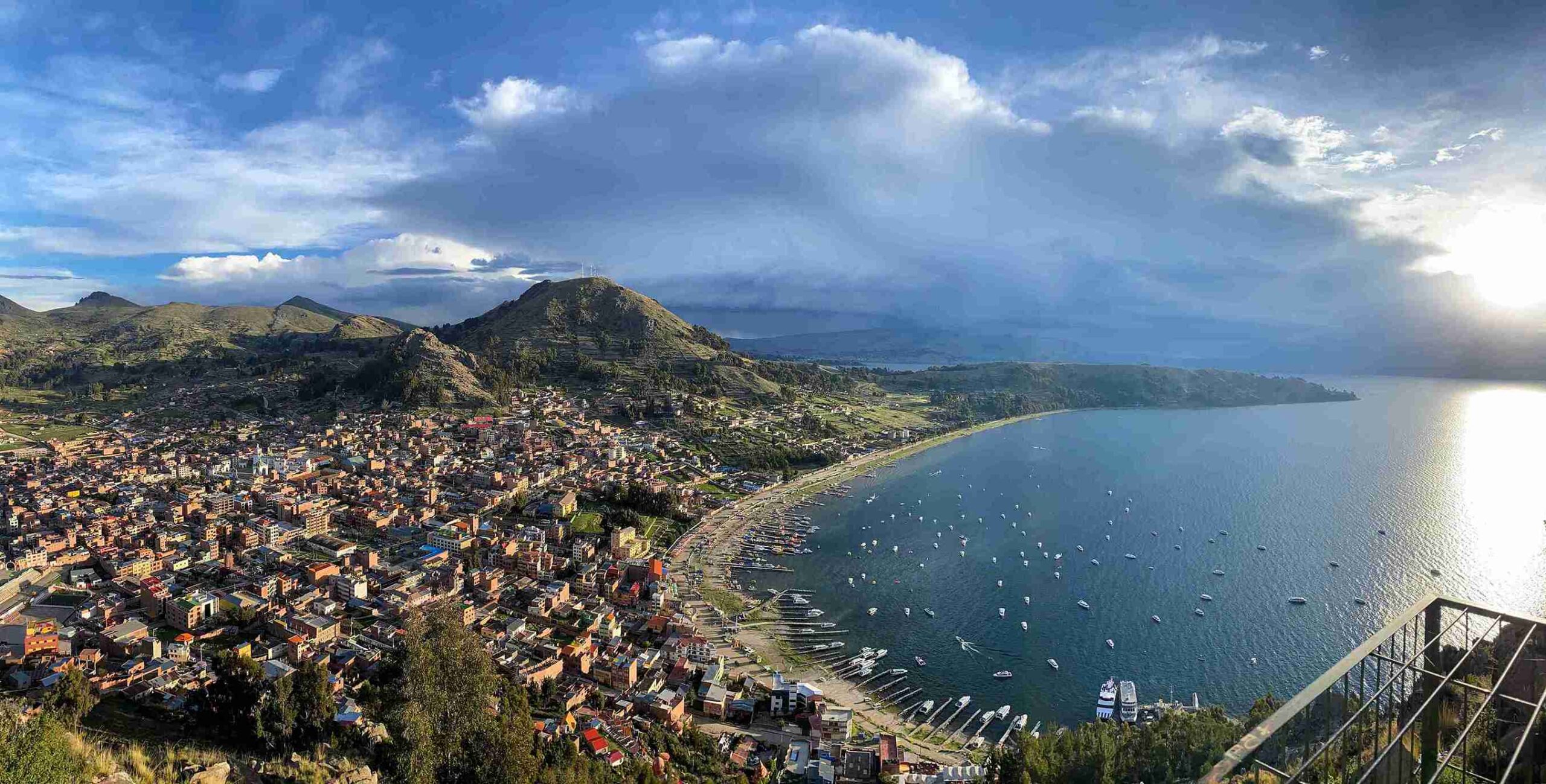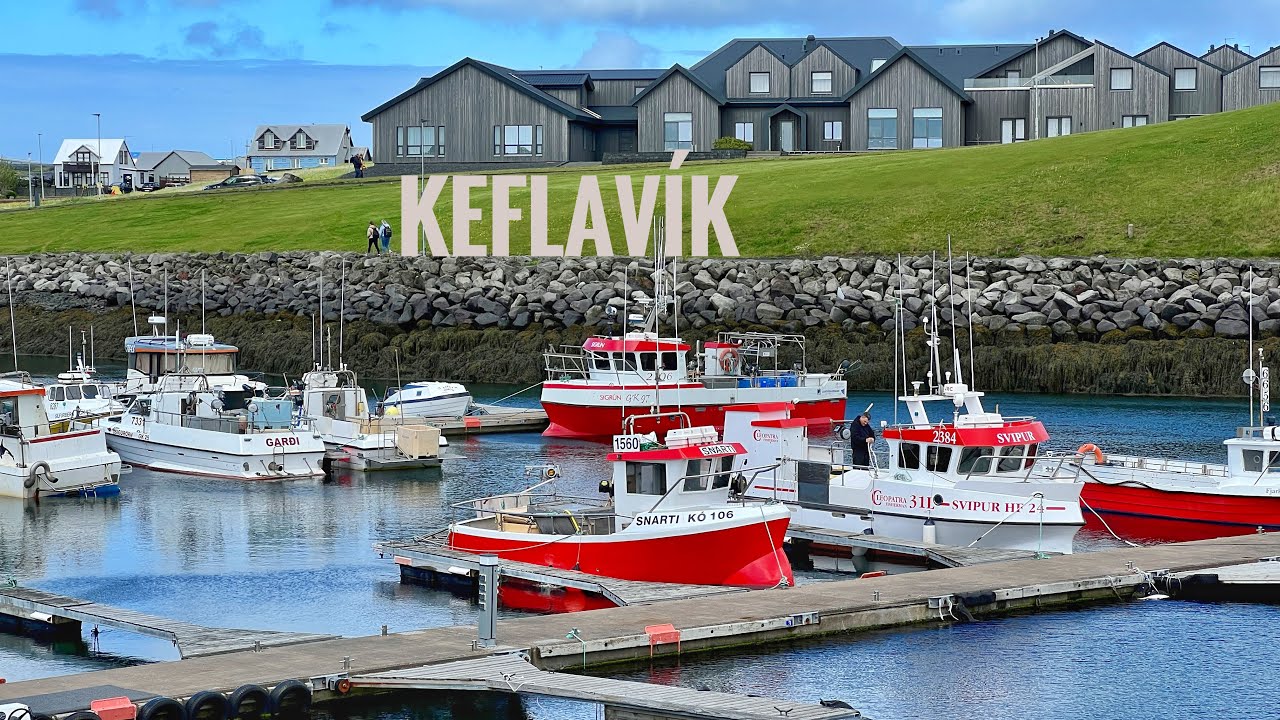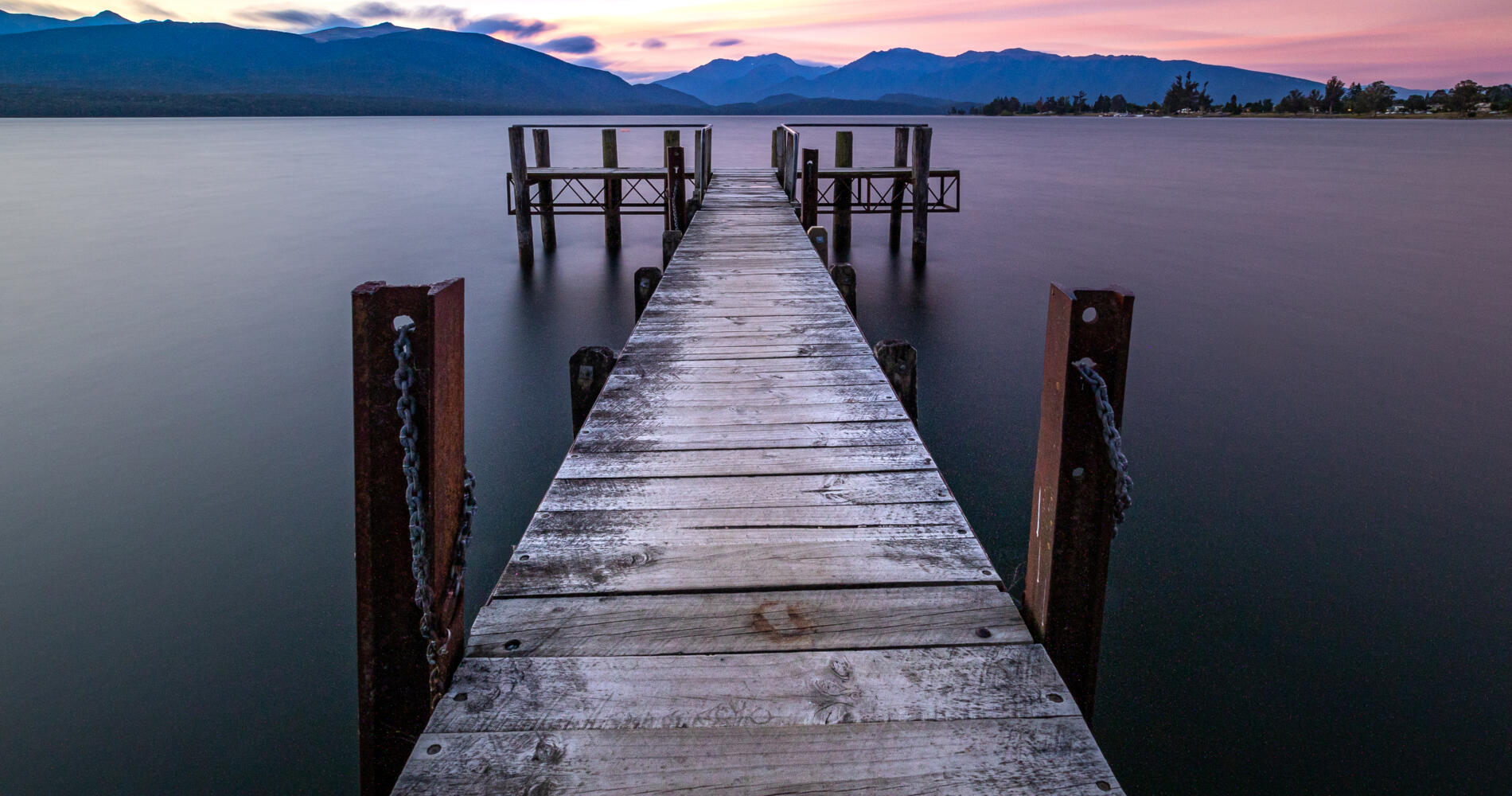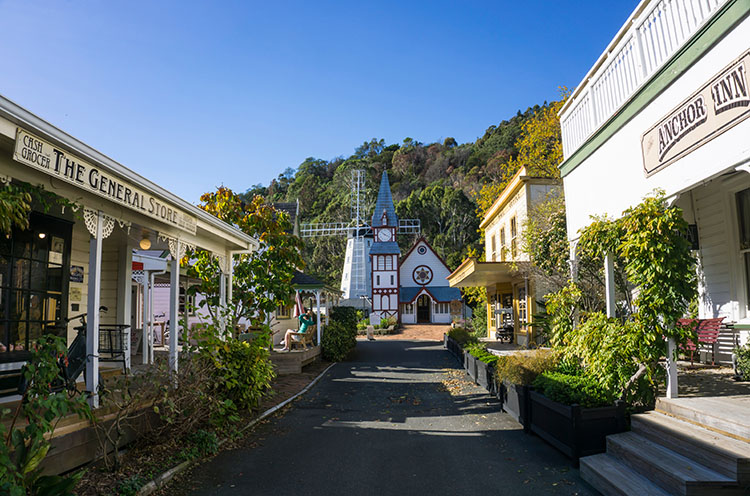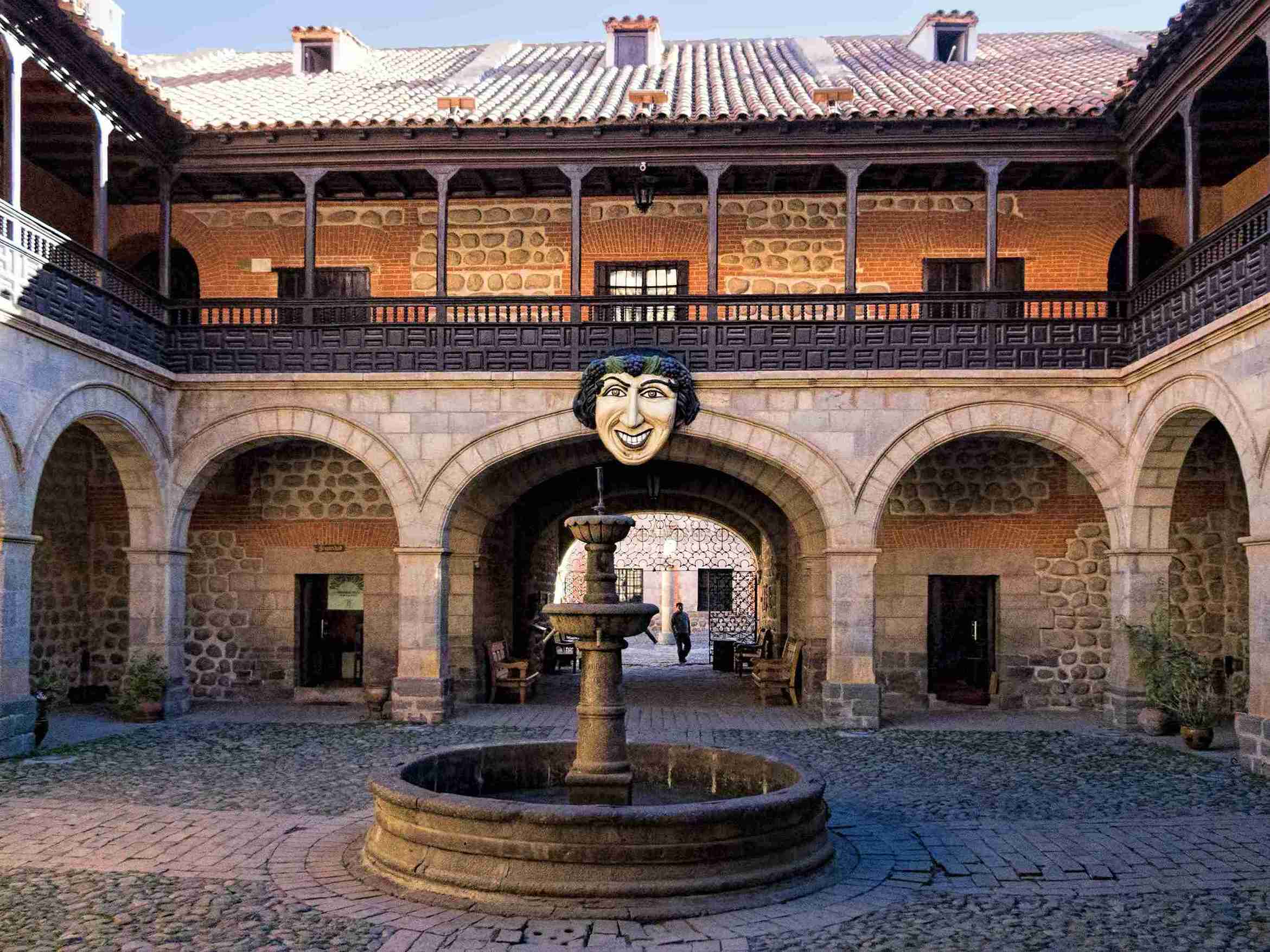Tripoli, Lebanon – Travel Tips
Category
Categories
Popular Articles
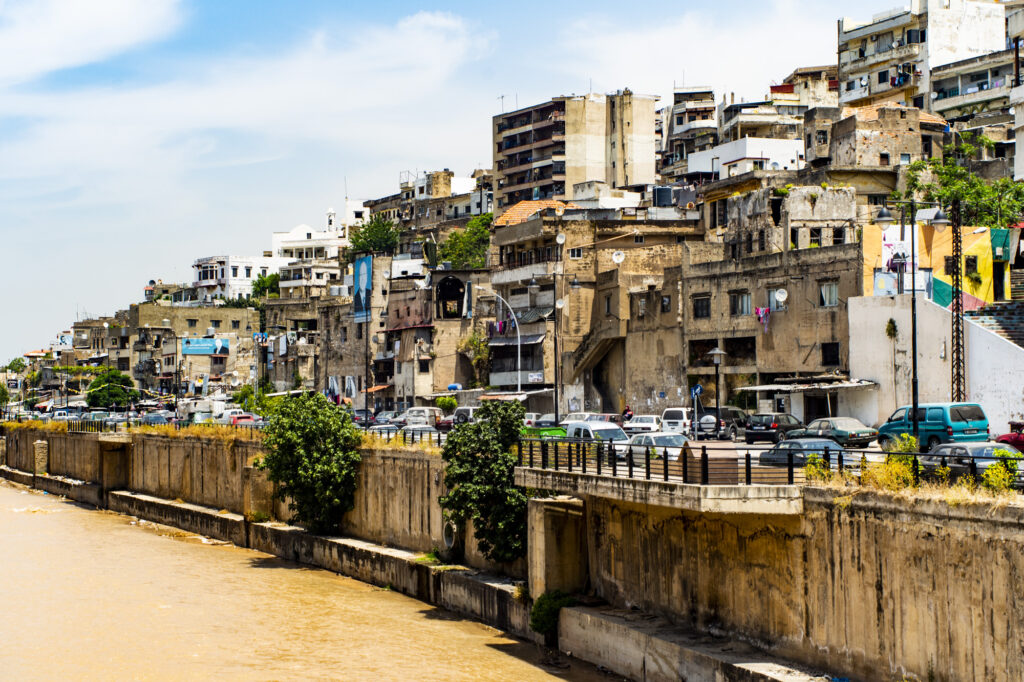
**Overview of the Destination**
Hello there, fellow travelers! If you’re planning to venture into the breathtakingly diverse Middle East and experience its rich history and culture firsthand, Tripoli, Lebanon should absolutely be on your list. Known as the second largest city in Lebanon, Tripoli is a charming mix of medieval history and modernity. The city is famous for its Mamluk-era heritage, including the old souks, the Crusader Citadel of Raymond de Saint-Gilles, and countless mosques and madrasas. Not to mention, its beautiful Mediterranean coastline is perfect for those who love a seaside setting. The vibrant culture, abundant historical sites, and delectable cuisine make Tripoli a location worth visiting.
**Best Time to Visit**
The most favorable time to visit Tripoli falls between April and June, and between September and November, when the weather is most comfortable for exploration. During these periods, the city experiences moderate temperatures, avoiding the harsh summer heat. However, if you wish to enjoy some off-season benefits like fewer tourists and lower rates, the winter months (December to February) could be a good choice, although expect some rainy days. Ramadan and Eid al-Fitr are significant festivals celebrated here, providing an excellent opportunity to observe the local culture and traditions at their best.
**Climate & What to Pack**
Tripoli has a Mediterranean climate with hot, dry summers and mild, rainy winters. It’s best to pack lightweight, breathable clothes for summers and a jacket or warm clothing for cooler winter evenings. Don’t forget your sunscreen, hats, and sunglasses to keep you protected in the summer months. Additionally, as Lebanon is a country that respects modesty, it’s wise to pack clothes that cover your shoulders and knees, especially when visiting religious sites.
**Getting There**
The nearest major airport to Tripoli is the Beirut-Rafic Hariri International Airport in Beirut, which is around 85km south of the city. From the airport, you can reach Tripoli by taxi or by using one of the many coach services. Organized shuttle services are also available. As for visa requirements, most Western tourists can get a visa on arrival for up to one month, but it’s always best to check with the latest rules and regulations with your local embassy or consulate prior to travel.
**Getting Around Locally**
Getting around Tripoli is relatively easy. The city’s public transportation system includes buses and “service taxis”. These shared taxis can be an interesting and affordable way to travel. Alternatively, you could use Uber, available in the city, or rent a car, although navigating the somewhat chaotic traffic may be a challenge. The city is also fairly walkable with many attractions located close to one another.
**Safety Tips**
Generally, Tripoli is safe for tourists, but like any other city, it’s recommended to take regular precautions. Avoid secluded areas after dark, keep your belongings safe, and be mindful of your surroundings. There are no particular tourist scams to be aware of, but it’s always a good idea to negotiate taxi fares in advance. For solo travelers, particularly females, it’s best to dress modestly and respect local cultural norms.
**Top Things to Do & See**
Tripoli is full of enticing attractions. Explore the engaging history at Citadel of Raymond de Saint-Gilles, wander through the colorful and aromatic Old Souks, or marvel at the architectural elegance of the Taynal Mosque and the Mansouri Great Mosque. Don’t miss the chance to take a relaxing walk along El Mina – Medditerranean Sea street, and for the art enthusiasts, visit the Rachid Karami Fair.
**Where to Stay**
Tripoli offers a range of accommodations for all budgets. Luxury seekers would find comfort in Quality Inn and Via Mina Hotel. For mid-range budgets, Hotel Mina el Shark and Boutique hotel are perfect, while backpackers have the Tripoli Hotel as a budget-friendly option. The best areas to stay in are primarily around El Mina and Dam wal Farez, as they are centrally located and close to most of the tourist sites.
**Food & Local Cuisine**
Lebanese cuisine is quite diverse, and in Tripoli, you’ll find everything from freshly caught seafood to the traditional dishes of hummus, falafel, and manakeesh. Don’t miss the local sweet treat, Halawat al-Jibn. You’ll find plenty of dining options in the city, from street food vendors to luxury dining establishments.
**Cultural & Practical Tips**
The official currency is the Lebanese pound, but US dollars are also widely accepted. The official language is Arabic, although English and French are commonly spoken in urban areas. Tipping is common and appreciated, usually about 10-15% of the bill. Standard voltage is 220V and sockets take types A, B, C, or D, so bring a converter if needed. Wi-Fi is common in hotels and cafes.
**Sustainable or Responsible Travel Tips**
Traveling responsibly in Tripoli includes respecting the local culture and traditions, and being environmentally responsible. Try to leave as little impact as possible by minimizing waste, and by recycling and conserving water where you can. Support local businesses and artisans by shopping for local products and eating at local establishments.
**Personal Travel Tip**
Embrace the unexpected. Allow yourself some free time to wander the city without a fixed agenda. Tripoli is full of surprises – simply sit at a local tea shop, observe, and take it all in. This is often where the magic of travel truly happens. Enjoy your visit to this historic, vibrant city – you’re in for a true cultural treat.
